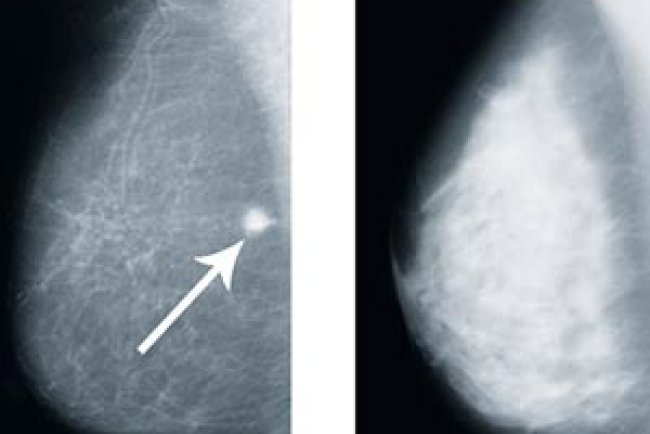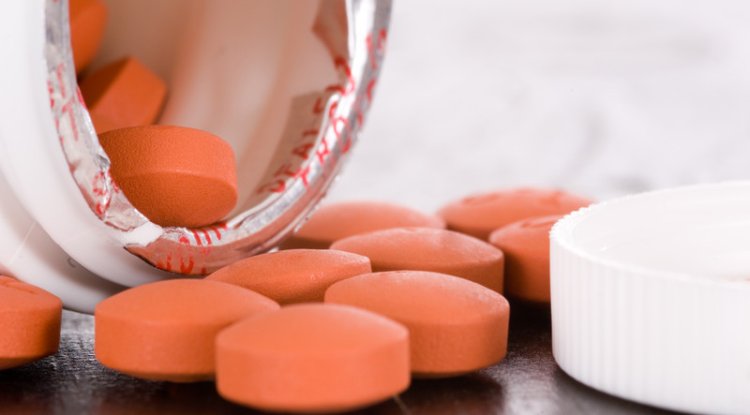Rebound Headaches: Ending the Pain Cycle Caused by Excessive Medication Use
When a headache hits, most people grab for medicine. For a lot of people, the pain goes away nearly instantly after taking a few pills. However, what occurs if the drug that relieves your pain also becomes the source of it? Rebound headaches, also known as medication overuse headaches, are a cruel paradox that keeps people stuck in a never-ending cycle of agony and medication.

What Do Rebound Headaches Actually Mean?
Rebound headaches happen when taking painkillers or anti-migraine medications too often or excessively causing additional headaches rather than fewer. Unlike preventive medications which are designed to be taken daily to stop migraines before they start, these are the “rescue” drugs people take once the pain has already begun.
Additionally, the symptoms frequently extend beyond headaches. Individuals may experience:
Vomiting and feeling queasy
Sensitivity to light or sound
Anger and trouble concentrating
Sleeplessness or restlessness
Even gastrointestinal problems like constipation
More than just discomfort results; it can be incapacitating, frequently resulting in missed workdays, decreased productivity, and a lowered standard of living.
Why and Who Gets Them?
Headaches from excessive medication use are not uncommon. Indeed, research indicates that between 1% and 2% of people worldwide have experienced difficulties with them within the last 12 months. They are more prevalent in: Women
People who already suffer from long-term discomfort
People that suffer from anxiety or depression
The combination of stress, underlying medical conditions, and frequent headaches typically results in a greater need for medicine, which only feeds the vicious cycle.
The Harmful Cycle of Pills and Pain
Ironically, when taken excessively, the same drugs that initially reduce headaches might actually cause more of them.
Over-the-counter drugs like acetaminophen (Tylenol), ibuprofen (Advil, Motrin), or naproxen (Aleve) can cause rebound headaches if taken more than 15 days per month.
Combination painkillers such as Excedrin (which mixes caffeine, aspirin, and acetaminophen) carry a similar risk.
Triptans (like sumatriptan/Imitrex), ergots, and especially opioids or butalbital-containing drugs are even riskier triggering rebound headaches if used more than 10 days per month.
Worse still, butalbital and opioids are strongly linked to migraines progressing from episodic (occasional) to chronic (15 or more days per month) a transformation that can be life-altering.
Interestingly, people who use these same drugs for conditions like back pain or arthritis usually don’t develop rebound headaches unless they also have a pre-existing primary headache disorder like migraines.
Escaping the Cycle: Treatment Options

The silver lining? Rebound headaches are treatable but the path out can feel rough at first.
Phase of withdrawal: When a medicine is stopped, headaches may get worse for a while before getting better. This is an indication that the brain is resetting, but it can also be depressing.
Preventive therapies: Physicians may propose non-pharmacological strategies including trigger avoidance, stress reduction, and biofeedback, or they may prescribe daily preventive drugs.
Supervised cessation: Some drugs, such as butalbital or opioids, cannot be stopped suddenly without causing withdrawal symptoms, which include shaking, sweating, nausea, diarrhea, and even seizures. These call for cautious tapering, occasionally in a medical facility.
Going it alone is not the answer. A neurologist or headache expert can help you safely navigate withdrawal symptoms and achieve long-term relief if you believe your headaches are caused by over-medication.
How to Avoid Headaches That Rebound in the First Place

The first step in overcoming rebound headaches is prevention. Experts advise:
Do not take rescue drugs more than two or three times a week (less than ten times a month).
If you require painkillers more than twice a week, consult your physician.
If you have more than four headache days each month, get preventive care.
Steer clear of opioids and medications that contain butalbital whenever you can.
Determine and manage triggers such as hunger, stress, sleep deprivation, dehydration, or particular foods or beverages.
The Bottom Line
Rebound headaches are a vicious trick of the neurological system that turns a reliable source of pain relief into a constant source of suffering. However, the cycle can be broken and a headache-free life can be regained with the correct mix of medical advice, preventative measures, and lifestyle changes.
What's Your Reaction?




















